¡Buenos días!
Hoy en día hay un debate bastante activo a nivel mundial sobre los temas éticos relacionados con la inteligencia artificial, sobre todo en lo que tiene que ver con su impacto en la dignidad humana, los derechos fundamentales y la privacidad. Ya se conocen algunos riesgos de la IA, como que las decisiones automatizadas puedan afectar negativamente a ciertos grupos vulnerables. Pero también hay otros peligros menos obvios, como los sesgos ocultos que pueden aparecer por los datos con los que se entrenan estos sistemas.
En Europa, por ejemplo, normas como la Ley de IA buscan establecer un marco ético y legal que proteja tanto a las personas como a la sociedad en general.
El gran desafío está en encontrar un equilibrio: aprovechar los beneficios de la IA sin frenar la innovación, pero también sin dejar de lado la seguridad, la transparencia, la equidad y el respeto por la privacidad. Los sistemas de IA deben ser responsables, trazables y no discriminatorios. Para lograrlo, hay que analizar bien todos los aspectos de su desarrollo y uso, y asegurarse de que se apliquen de forma ética y responsable.
¿Qué opináis vosotros?
— ¿Cuáles creéis que son los puntos clave a tener en cuenta para diseñar una IA ética?
— ¿En qué situaciones pensáis que es necesaria una regulación más estricta?
— ¿Conocéis algún caso en el que se hayan vulnerado principios éticos por culpa de una IA?
¡Comentad lo que pensáis! Es un tema súper interesante y da para mucho debate.
__________Good morning!
These days, there’s a pretty active global debate going on about the ethical issues surrounding artificial intelligence, especially when it comes to its impact on human dignity, fundamental rights, and privacy. Some risks of AI are already well known — like how automated decisions can negatively affect vulnerable groups — but there are also less obvious dangers, like hidden biases that can show up in the data used to train AI systems.
In Europe, for example, regulations like the AI Act aim to create an ethical and legal framework that protects both individuals and society as a whole.
The big challenge is finding a balance: making the most of what AI can offer without holding back innovation — but also without ignoring the need for safety, transparency, fairness, and respect for privacy. AI systems should be responsible, traceable, and non-discriminatory. To get there, we need to take a close look at all aspects of how AI is developed and used, and make sure it’s applied in an ethical and responsible way.
What do you think?
— What do you see as the key points to focus on when designing ethical AI?
— When do you think stricter regulation is necessary?
— Have you heard of any cases where AI has violated ethical principles?
Feel free to share your thoughts — it’s a fascinating topic and definitely worth discussing!


